From hotels to the countryside and from the countryside to hotels. This is the objective pursued by the Finhava platform, a project that allows tracing the route of food consumed in hotels. In addition, this initiative presented in Mallorca makes it possible to calculate the carbon footprint of the products and the reduction of greenhouse gases, measure the energy they produce, evaluate the volume of food waste they generate and transform it into ecological compost to re-dedicate it to agriculture.
Finhava is an example of public-private collaboration in which administrations, hotels, farmers, waste management and technology companies have coordinated to close the production cycle and promote the circular economy in Mallorca. The platform facilitates interaction between all agents in the chain. In this way, the origin of the raw material is guaranteed throughout the process, sustainable, local and ecological agriculture is promoted, and its economic and environmental effects are measured.
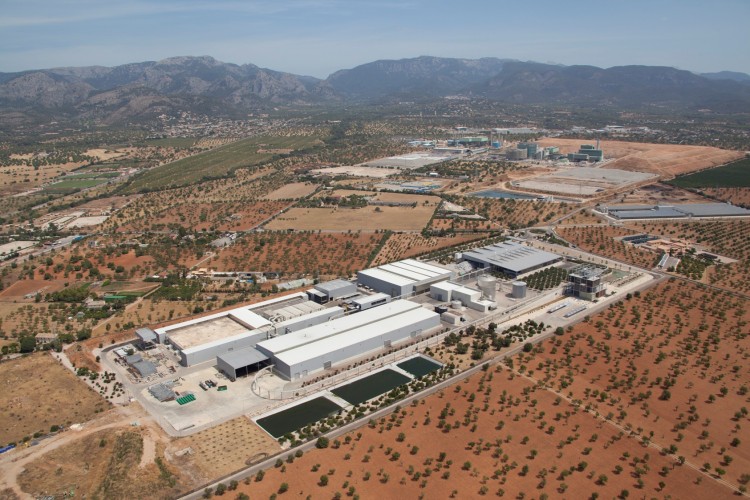
Tirme Environmental Technology Park. Photo: Tirme.
Objective: a circular economy in Mallorca
Tomatoes, watermelons, oranges, etc. they are organic matter that can re-enrich the earth to help produce new food. For this reason, Finhava starts from the idea that what tourists consume in hotels serves as compost in local agriculture, favoring the circular economy in Mallorca. And how does it work?
- Hotels produce organic matter derived from consumption in their facilities.
- They deposit it in containers where it is weighed to carry out the treatment.
- This organic matter is transported to Tirme’s facilities to transform it into an ecological compound identified with the customer’s data.
- Local farmers make use of the compost created to fertilize crops.
- Finally, the distributor purchases the farmer’s consumable products for a weight equivalent to the organic matter created in the first step of the cycle.
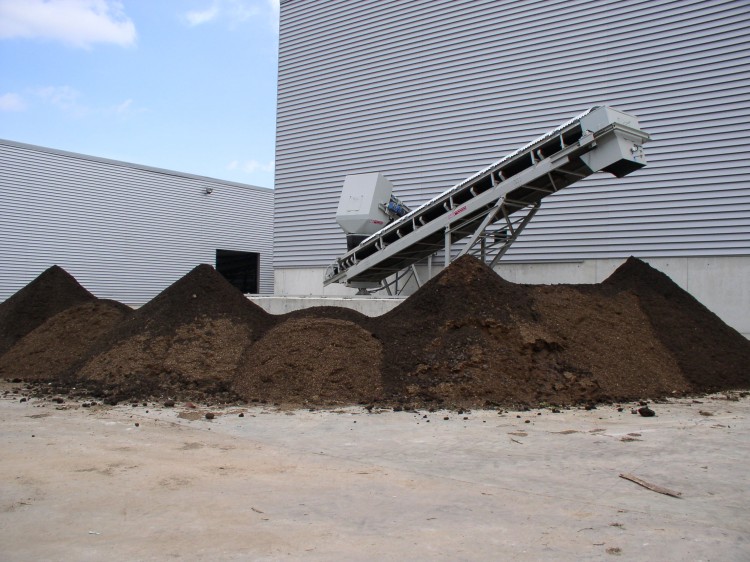
Compost on Tirme’s facilities. Foto: Tirme.
The project contributes to reach the 17 Sustainable Development Goals (SDGs) established by the UN. With special attention to innovation, sustainable communities, responsible production and consumption, action for the climate and alliances to achieve the objectives. This type of solution benefits the local agricultural and distribution sector and increases the supply of kilometer zero products in Mallorca.
Finhava was presented at the Son March estate in sa Pobla by the Consell de Mallorca together with Tirme, Meliá, Iberostar, Riu, Marriott, Hotels Viva, Agromallorca, Son March, És Compra, Fruites Huguet, Al & Verd, Agrícola Dalmau, Refrilog and Vottun i Wdna. A pioneering initiative that seeks to consolidate the circular economy in Mallorca.
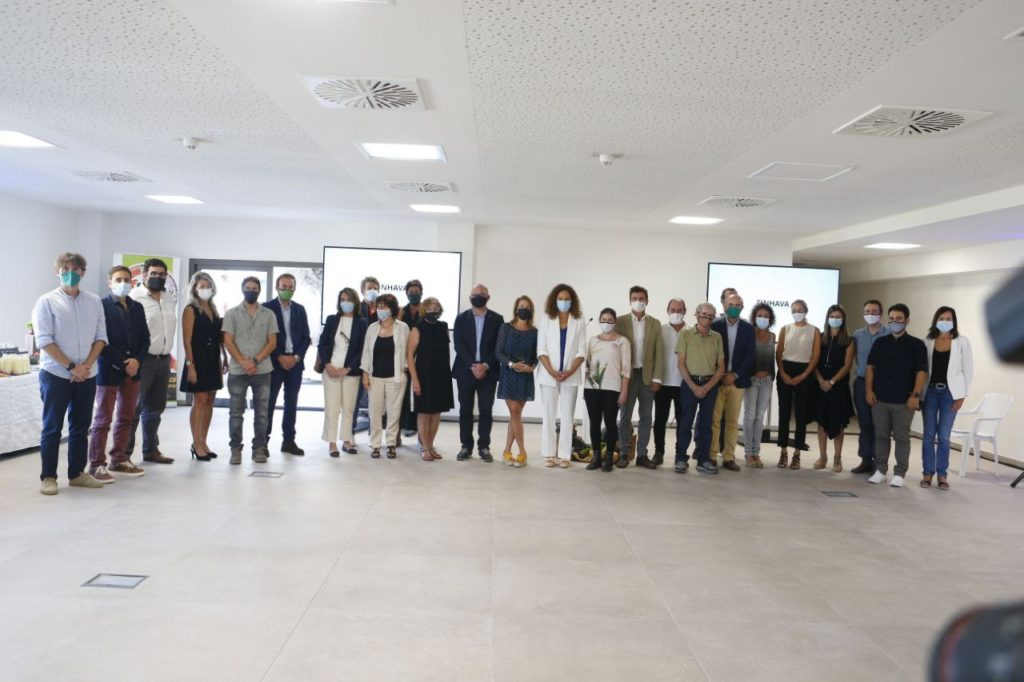
Finhava presentation at Finca Son March. Photo: Consell de Mallorca.

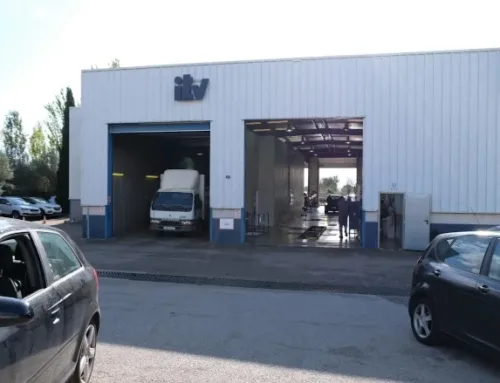
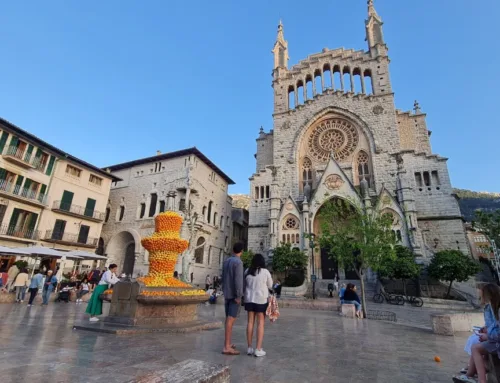
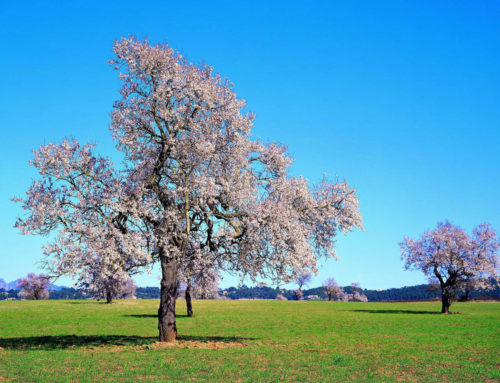
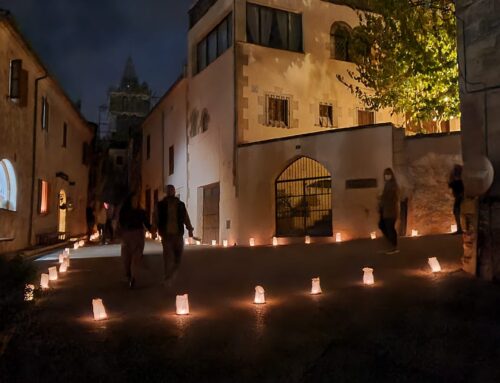
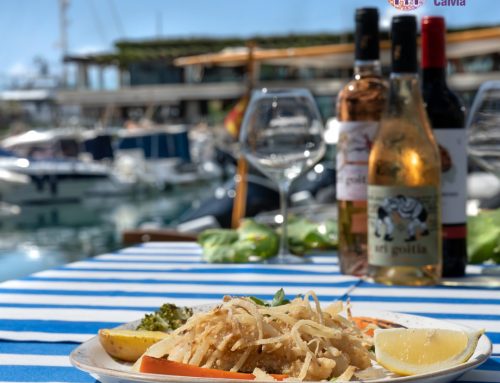

Leave A Comment